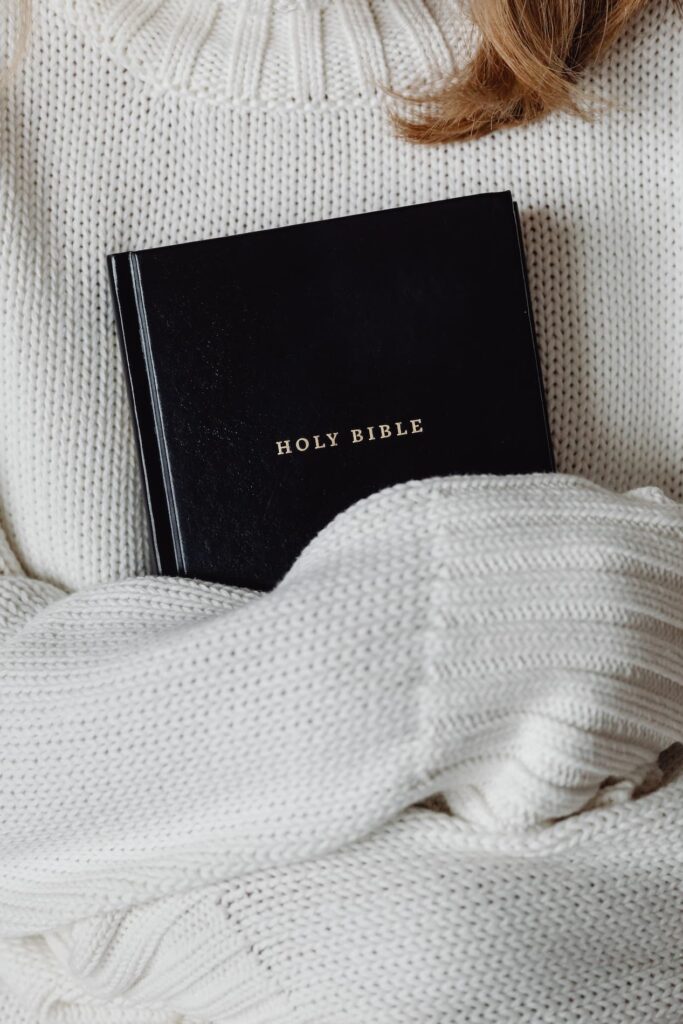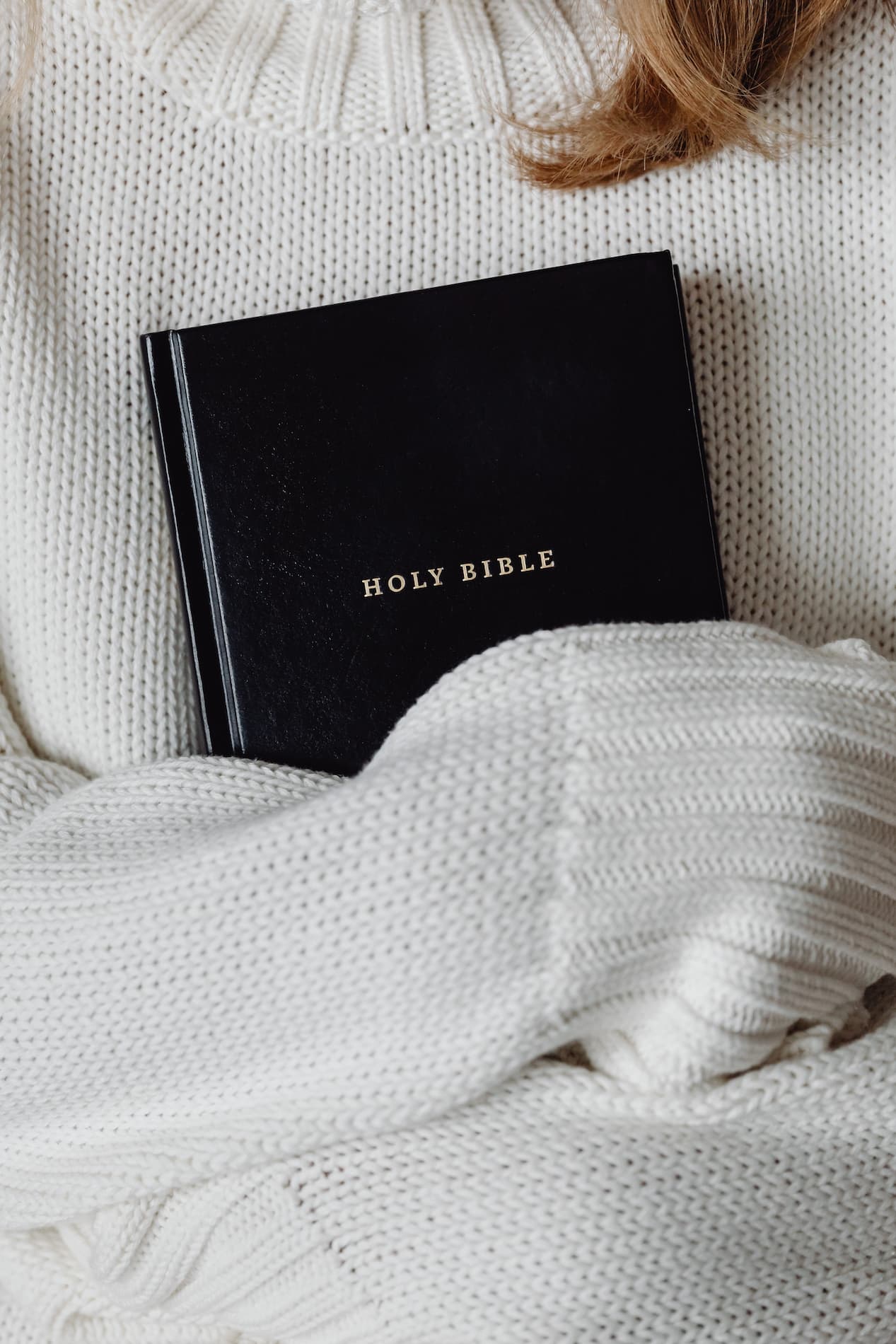Back in the mid-19th century, there lived a French sculptor named Frédéric Bartholdi. Bartholdi was an admirer of the great monuments of antiquity – Rome, Egypt, Greece, and felt called to make art on a similarly massive scale. As you might imagine, one of the primary challenges in that kind of work is that the artists needs to find a person, or more likely a group of people, who are willing to buy and install your monument. Confident in his skills, Bartholdi made some preliminary plans and headed to Egypt, where he proposed a giant sculpture of a woman to stand by the newly created Suez Canal. The Egyptians thought that sounded lovely until they saw the price tag and stopped returning Bartholdi’s calls. Chastened but undeterred, the artist turned West, to an America emerging from the Civil War, a country that seemed to have actually managed to do what his native France had not – sustain a democratic republic in the face of internal division. Bartholdi and his friends had an idea – they would propose a gift from the people of France to the people of America on its centennial: a giant statue evoking Libertas, Roman goddess of freedom. The Americans were somewhat more receptive to this idea than the Egyptians, and over the next few years the monument was funded by thousands of schoolchildren and small donations across both sides of the Atlantic. When it was finally installed on a small island off the coast of Manhattan, the city erupted with joy – people couldn’t get enough of the extraordinary statue, unshackled from bondage, her arm outstretched in a symbol of progress. And then, when the parades ended and the parties wound down, everyone went home and promptly forgot about Lady Liberty. Because no matter how lofty the ideals, how brilliant the composition, what are you really going to do with a giant statue stuck out in the middle of a bay? What does it have to do with the daily realities of a city beset by the challenges of poverty, blight, and violence? And so she sat there, her copper plating gradually turning green, while life went on as usual. Or, almost. Because while Bartholdi was dreaming up his next commission, a young woman named Emma Lazarus was also working away. She was a brilliant writer from a wealthy, long-established Jewish family, and had been captivated by the situation of refugees flooding New York. Fleeing violence in their native lands, hundreds of thousands of Jewish immigrants headed for the promise of America, my own great-grandparents among them. Lazarus got involved, helping the overwhelmed, poverty-stricken new arrivals learn English, acclimate to their new land, and find work. Inspired by the statue’s welcoming presence in the harbor, a symbolic greeting to the new immigrants arriving at the shore, Lazarus penned a poem in its honor called the New Colossus. You’ll know this one, so join in if you’d like…
Here at our sun-washed, sunset gates shall stand
A mighty woman with a torch,
whose flame is the imprisoned lightning,
and her name
Mother of Exiles.
From her beacon-hand glows world-wide welcome…
Give me your tired, your poor, your huddled masses yearning to breathe free…
send these, the homeless, tempest-tost to me…
While it took a few years for Lazarus’ words to be officially inscribed at the base of the statue, people immediately recognized the significance of her words. One dignitary said something like, “With these words, this statue finally makes sense.”
These words were running through my head as I read Christ’s invitation in this week’s passage:
28 “Come to me, all you that are weary and are carrying heavy burdens, and I will give you rest. 29 Take my yoke upon you, and learn from me; for I am gentle and humble in heart, and you will find rest for your souls.”
One could say that with this invitation, the Gospel – the great work of God throughout the ages – makes sense. All that has come before – the prophets, the laws, the temples and structures, the wars and kings – it all is taken up and seen through the clear lens of Christ’s call to rest in him. It’s why some say that the Call to Worship that begins church services every Sunday is the most significant moment in a Christian’s week; that instant when we cast aside all other claims upon our lives, our time, and make our way to worship the one who holds our whole reality in his hands. It’s why we recite these words at times of confession, as a welcome to communion, at funerals – those moments when we most need to be reminded that the joys and fears and hopes of our days are not born alone, but caught up in the great story of Christ.
The old Episcopal Prayer book refers to this passage as the “Comfortable Words”, and yet I wonder how comfortable they really are. Because the burdens we hold – the griefs and fears, the estrangements and diagnoses, the weight of caregiving for elderly parents, the stranglehold of addictions, custody battles, of loneliness – those are not burdens that can be alleviated by even the most beautiful words. In looking through the newspaper this week, within three pages readers were confronted with the growing likelihood of nuclear war, unprecedented levels of climate change, and a mass shooting perpetrated by someone who fell through the chasms of a broken mental health system. In the face of such destructive power, of situations that are far beyond the scope of a single human, even a single community, to meaningfully address, what are we to hear in Christ’s invitation to rest in him? Are these words simply statues in a harbor, a beautiful vision that cannot contain the teeming complexities in which we live?
It makes it more complicated that our heads are flooded with images of rest that don’t seem to fit. We talk about rest as sleep, but we know that there are some kinds of weariness that physical rest doesn’t alleviate. We talk about it as time off from work, but know that even on days that are supposed to be restful, our spirits are still churning with all that needs to be done. Those who are retired or unemployed can talk about the absence of any labor as its own kind of fatigue – there is a restlessness that can come when our hands and minds are entirely idle. When I traveled with the choir to Leipzig, I skipped a visit to the Bach museum to explore one that taught about life in Communist East Germany – something light. It was a bleak period of history, filled with the terrors of secret police and harsh imprisonment. And, to my initial surprise, this brutal totalitarian government also ensured that people had plenty of opportunities to rest: affordable childcare, free entertainment, subsidized travel, public parks and pools. Of course, the reason for all of this was that they knew that people were much better workers when they were well rested, and for the East German leaders there was no higher calling than to be a good worker for the state. So the rest that was being offered was not for human flourishing, but simply another tool of bondage.
And while we would do well to chafe at that, I wonder how far off we are from a similar way of thinking about rest. Sure, we might be working for our 401Ks rather than in the service of a brutal regime, but how much of our rest is directed toward being more productive? To proving our worth, showing that we deserve to be here? The worst insult we can give someone, one of the worst things we can think of ourselves, is to say that we don’t contribute anything. When I used to do pastoral care with people who had spinal cord or brain injuries, the top of their list of worries were rarely the physical wounds, it was the fear that they would no longer be able to work, to provide, to care for their loved ones.
Too, rest as self-care becomes one more task to check off our to-do list: as one pastor said, it’s easy to confuse the good news with good advice. We should rest more, practice Sabbath, be more mindful and present and self-aware. And yet, if we could somehow embrace the call to rest, in a world of so much trouble, so much pain, how dare we rest when there is so much work to be done?
So given all of this what exactly is Jesus calling us to, when he invites the weary to rest, and more specifically, to rest in him? Because I am doubtful the rest that Jesus has in mind for us to has anything to do with productivity, self-worth, or escapism. And if we’re anything like his disciples, nor will our reply to his invitation provide some magic pill that will make our burdens disappear. What I hear in Jesus’ invitation is rather a call to a shift in perspective around labor, and in particular, what makes for truly restorative work and rest. To explore this, let’s step outside of this call and look into the broader story of Matthew’s Gospel.
We might start by asking two questions: who’s working, and what kind of work are they doing? If church has taught you nothing else, usually when the preacher asks you a question the correct answer is Jesus, so we’ll start with him. In Matthew, Jesus is a very industrious Savior. Right before the passage we read today he’s healing everyone in sight, and in the passage right after he’s getting in trouble with the religious authorities for ministering to people on the Sabbath. And so we’re in an interesting position where those around Jesus view what he’s doing as work, while he clearly views his ministry as rest, the fulfillment, not the violation, of Sabbath laws. Maybe you’ve gotten a taste of that feeling in your own life when you’re laboring at something that fills you with joy – the good, hard work that fits your spirit like a comfortable sweater, whether it’s healing or balancing the books or making music or crafting the perfect spreadsheet. I think about the past three years in this church, and all of the hours of work that folks have contributed as Sunday school teachers and PNC members and building repairers and teaching English and serving on committees. And there are times that I’m sure that this labor feels exhausting and discouraging – if nothing else, Dennis Park was out there on Thursday painting the building in 95-degree heat. But also, and maybe this is just me saying this, with the promise of a new pastor coming soon, but it’s been a holy time too, hasn’t it? Good work, valuable work, in the service of the God who is present in our little congregation. This is work that makes sense in the context of the Gospel. When Emma Lazarus penned her poem, she was as busy as she had ever been, spending countless hours working in these settlement houses with people who were in desperate need. And yet in her labor, this woman who had been pretty distant from her Jewish faith rediscovered her religion. She became far more connected to God, and her poetry deepened and matured. Similiarly, the rest that she imagined the Statue of Liberty was beckoning immigrants to was not a rest of idleness, but of industry – people who were now safe enough to learn and thrive and grow. Scholars point out that for Jesus, rest is not inactivity, but restoration, recreation. Jesus’ work is, at its most simple, meeting people at the point of his strength and their need. And when we find those places in our own lives, work becomes not a fight for survival or legitimacy but an invitation to participate in the restorative work of God in the world.
But there are others at work in this passage too, the ones that Jesus refers to unflatteringly as “this generation” (I imagine if he were here today there would have been a bleep between those two words). This generation is not an exasperated statement about “the kids these days” but rather a description of the folks that Jesus is meeting in his travels. Because while there are certainly those who are approaching Jesus with curiosity and an open spirit, those whom Jesus usually refers to as children, reflecting their lack of pretension or guile, there are plenty of others – whole cities of others – who are sitting back, looking for excuses not to follow him. And it would be one thing if they didn’t follow him, but they didn’t follow John the Baptist either. Look, Jesus says – my cousin came to help you, this total ascetic, this man who was all discipline and sacrifice and honor. And people say “Oh, he’s too out there – he’s an extremist – no one is supposed to be that serious”. And then I come, and I’m exuberance and laughter and dancing, and you say I’m nothing but a self-indulgent, silly little man who needs to lace up my bootstraps. Which one is it? Which hoop are you going to have me jump through now? Among the things that Jesus is pointing out here is that the people who are thumbing their noses at him are working very hard – they’re just working hard at the wrong things.
Back in seminary we learned lots of different ways to interpret the Bible. One of those ways was the fancily-named Hermeneutic of Suspicion, which basically means reading Scripture with the goal of trying to figure out what’s wrong with the passage, or how it might be misused. So in a passage where there’s no women, one might ask why there are no women included in the story even though they were probably there, and a passage that does have a woman one might ask why she doesn’t have more to say, or how her words might be twisted and misapplied in our contemporary world. And while I think Scripture is strong enough for any question or interpretation we can throw at it, I found this way of approaching the Bible utterly exhausting. At the end of however much inquiry, you end up with a sad little pile of notes, scraps of accusations. But the hermeneutic of suspicion doesn’t just live in seminary libraries, does it? A friend of mine is on a local educational board – she entered into it with such idealism, a commitment of service to the community, and she said the bulk of her time is spent on lawsuits brought by people who are suspicious of anyone working with kids. I think about this new pastor who’s coming soon. I say this with absolutely no judgment because I’m utterly guilty of this, but what’s the first (or maybe the second) question we asked when we heard there was a candidate – “Will I like him?” That was totally my first thought – not praise God for what he has done in our midst, not prayers for this family who is uprooting their lives to minister to and with us, but will I like him? And I do, very much, and you will, but isn’t it interesting how our very first instinct, or maybe just mine, is to step right into that evaluating mode – how does this guy measure up with my expectations? Does he deserve to lead this church I love so much?
Sounds tiring, doesn’t it? I find it tiring. And I wonder if part of what Jesus is doing here is inviting us out of this way of being in the world where we push our way – my preferences, my priorities – into the center and showing us that that place rightfully belongs to him. That we don’t need to fight that hard; instead of seeing everything around us as a potential threat, we can instead live like children, with wonder and, as our first reading describes – as Prisoners of Hope, a hope grounded in the fact that the world is not in our hands – it’s so much bigger than our paltry opinions or plans – but in the hands of the one who created and sustained it.
I’ve always found the end of this passage particularly challenging – when Jesus says that his yoke is easy, his burden light. First there’s just the business of a yoke. It’s one thing to have a goddess Liberty proclaiming freedom and progress as our guiding light, it’s another to willingly accept a yoke, a symbol of subjugation and toil as something to aspire to, no matter who’s extending the invitation. In my head I always pictured Jesus placing the yoke of submission on the neck of his trusting followers – Nevermind the fact that in the Bible, being yoked to the law is always described as a joyful thing, not a burden. But what I hadn’t realized is that this single yoke I was imagining, the tool that would enable a human or beast of burden to do back-breaking work, moving huge amounts of water or dirt from place to place, was not the kind of tool Jesus was referring to in this passage. A single yoke makes its wearer more productive, though it destroys their body in the process. A double yoke, however, is an entirely different thing. Double yokes allow two well-matched animals to share a load; they take turns at work and rest, they accomplish more together than they could separately. The younger, less experienced animal learns the rhythms of labor from the more mature and seasoned one. At the end of a long day of work their bodies are tired, but not broken. This is the yoke that Jesus is talking about in his invitations. He’s not forcing us to do something, nor is he taking away all that we carry. But he’s saying that, if we’re willing, we can allow ourselves to be yoked to him, to learn his rhythms and share his burdens.
In our English translations, Jesus describes his yoke as easy, though that word feels out of step with his promises that those who follow him will struggle and suffer alongside him. But in the Greek, the word we translate as easy has a different set of meanings. It has more of a sense of being good, true, or worthwhile. Some of the hardest work we do – the work of caregiving, parenting, service, healing, grief – that is not easy work, but it is good, and true, and worthwhile.
When Bartholdi imagined the Statue of Liberty, he saw her as a monument to genius – his, certainly, but also the genius of the Founding Fathers and the authors of the American republic. He never envisioned that his creation would have a very different meaning for the generations that followed – not a monolith, but a welcome to the weary. With Lazarus’ words, the statue made sense – it became what it was supposed to be. With Christ’s words, maybe our lives, our struggles, our faith – maybe make sense too; We’re not in it alone, no matter how worldly or knowledgable, or capable we may be, we can welcome Christ’s care with the open hearts of children, then we can trust that rest will find our tempest-tost souls, and lead us back to the rhythms of our Creator. In the name of the Father and of the Son and of the Holy Spirit, Amen.
Works Cited:
Kathy Donley, “The Tie That Binds: Common Calling” https://www.emmanuelalbany.net/sermons-full/2020/7/21/71920-the-tie-that-binds-common-calling-matthew-1116-19-25-30
David Lose, “Where We Least Expect God to Be” https://www.davidlose.net/2017/07/pentecost-5-a-where-we-least-expect-god-to-be
Chad Martin, “In The Lectionary, July 9 Ordinary 14A” https://www.christiancentury.org/article/lectionary/july-9-ordinary-14a-matthew-11-16-19-25-30
https://www.emmanuelalbany.net/sermons-full/2020/7/21/71920-the-tie-that-binds-common-calling-matthew-1116-19-25-31






